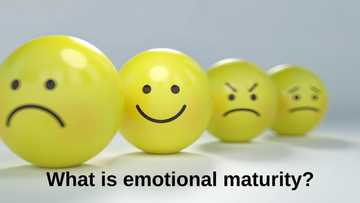Family values: Definition and examples from different cultures
Family values are the fundamental principles and beliefs that guide and determine how members of a home function and interact with the larger society. They are the principles upon which a family is founded, and they are often passed down from generation to generation.
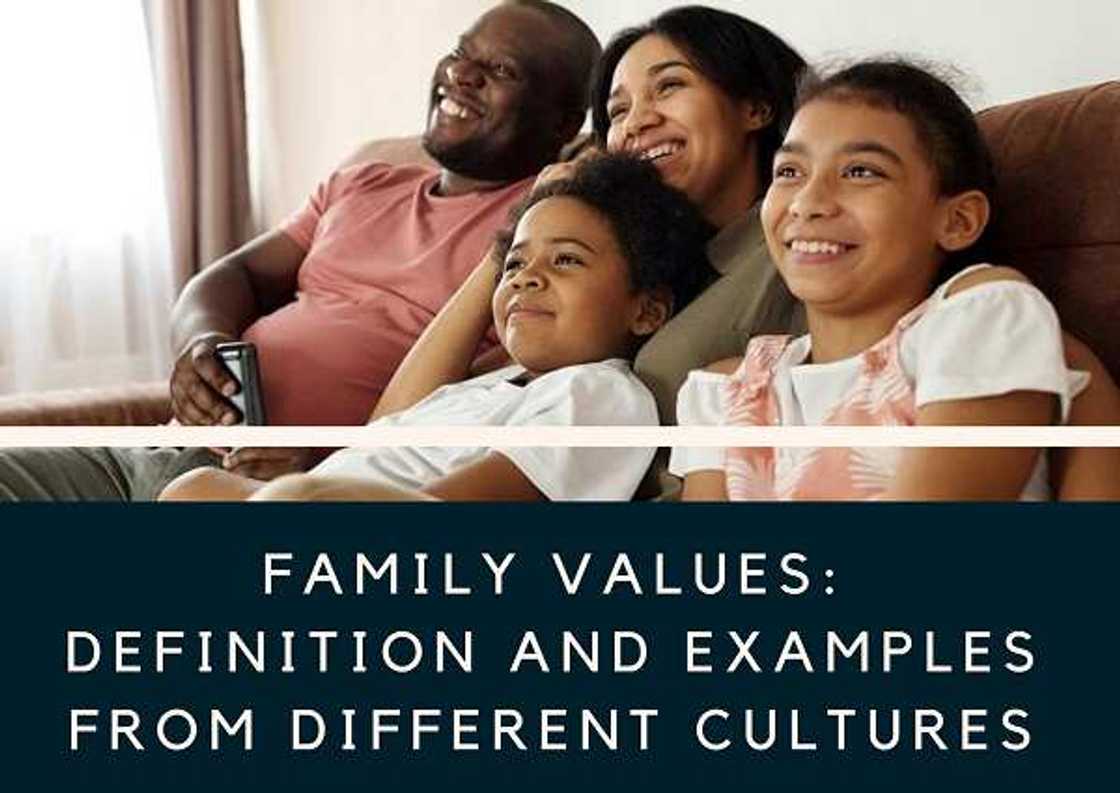
Source: UGC
Family values, in most cases, are not static; they change and evolve with time and with every new development in the home. They are often influenced by what is acceptable in the larger society.
Family values definition
Family values, especially of the traditional kind, are the fundamental principles and beliefs that are held to promote the sound functioning of the home and to strengthen the fabric of society.
Family values involve all the ideas of how a family exists and functions, and they are often passed down from previous generations.
They include social, moral, religious, economic, and political principles that a family holds as important and believe in. These principles are also used as a compass for guiding the home's stance or decision on certain matters in society.
These principles define what is meaningful to your home—the beliefs and ideas that bind your home together.
What are family values and beliefs?
Fundamental family principles and beliefs are the core ideals upon which a home is established and functions. They include moral conduct, social behaviours, religion, work ethics, education, traditions, financial values, e.t.c.
Family beliefs define what you think is essential and what is good. They help teach kids the difference between right and wrong.
They are beliefs, ideas, and principles that are specific to your home and how it functions. These fundamental beliefs vary from household to household and society to society–and even from time to time throughout history.
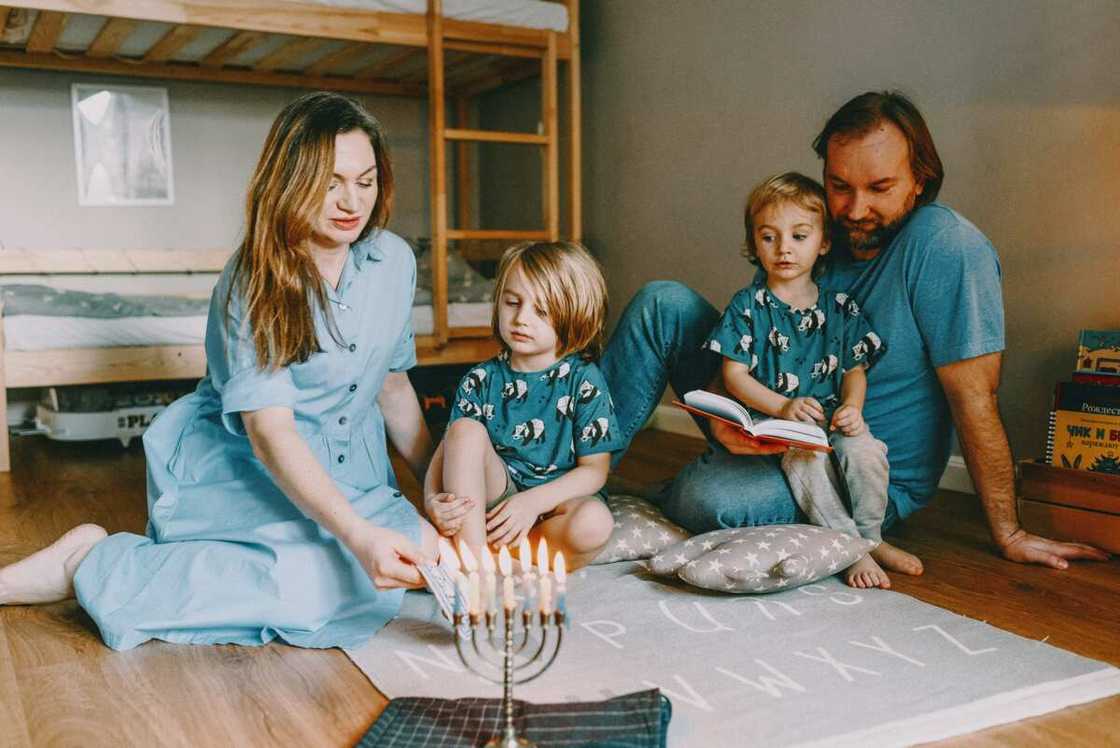
Source: UGC
They are always reflective of their times and environments. Also, most cultures surprisingly share several common threads when it comes to basic fundamental principles and morals.
Though family fundamental principles and beliefs are taught to members of a household from childhood, however, as these children grow older, they may learn and even adopt different principles from other homes through other members of society.
List of family values
Although different households have different fundamental principles and beliefs, almost all family values fall under the primary values listed in the following categories.
Social values
Social principles consist of things like peace, justice, freedom, equality, and service to one's community.
Religious values
These center around the expectations that people have about themselves and others based on the beliefs of their faith. Although each faith has its beliefs, there are common beliefs and principles that many faiths tend to share.
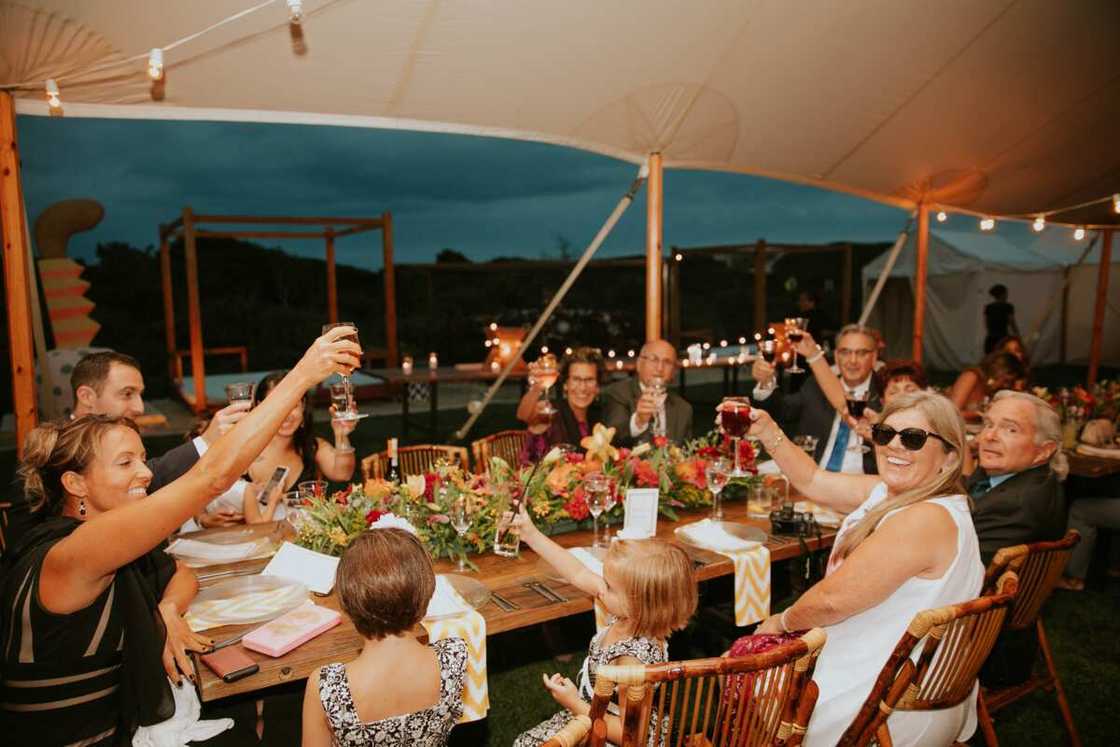
Source: UGC
Moral values
Moral principles are people's individual convictions about what they think is right and wrong. Moral values are the foundation from which you make decisions. Morals are learned from your parents, schools, your experiences, e.t.c.
Recreational values
Recreational values refer to anything that involves fun and play. Recreation is important in the family because it fosters closeness in the home and creates opportunities for learning, creating memories, improving social skills, and developing empathy.
If your family doesn't already have its fundamental principles and beliefs in place, it is never too late to make a list.
Hispanic family values vs American family values
One of the common values that both Hispanic and American families share is the preference for eating dinner together as a family.
Hispanic families hold a celebration for their daughters on their 15th birthday which is called a Quinceanera, much like American families that celebrate their daughters' 16th birthdays with a "Sweet 16th" party.
American families tend to have fewer children, while Hispanic families tend to have more than two children. American families also tend to have more money, and with fewer children, it is easier to provide the kids with better opportunities such as education and hobbies.
Almost all Hispanics practice the Roman Catholic religion, while American families tend to support freedom of religion.
Hispanic cultural family values are reflected in everyday life by the way the families spend a lot of time together, the way they teach their children to be respectful, how they practice religion, and in many more ways.
Hispanic parents are normally a lot more strict than American parents so their children might be more behaved.
African traditional family Values
Traditional African families not only have values that are different from other cultures, but they also have some that are similar to those of other cultures around the world.

Source: UGC
African traditional family principles and beliefs are patriarchal in nature. In traditional African homes' settings, the father is the head and breadwinner of the home.
He is respected and feared by everyone in the home. The father has unlimited authority and veto power in most homes.
The traditional African family is mostly polygamous, with all the members of the home living under the same roof or in different houses.
The idea of "spare the rod, spoil the child" is prevalent in traditional African homes. Beating a child is regarded as a method of correction and punishment for a child's misbehaviours.
The freedom of religion or faith is absent in most traditional African homes, the children are expected to practice their fathers' faith. Also, in traditional African homes, children are expected to have the uttermost respect for their parents, especially their fathers.
Similar to many cultures in various parts of our world, in traditional African settings, the home is regarded as the place where children learn how to be responsible members of society.
Also, similar to most cultures in the world, traditional African homes believe in the importance of eating dinner together as a family.
Family values quotes
The following family value quotes from public figures explain what family values are and their importance.
- As I entered this world, I would leave behind the nurturing of my family and my home, but in another sense I would take their protection with me. The lessons I had learned, the feelings of groundedness and belonging that have been woven into my character there, would be my companions on the journey. - Sidney Poitier
- Other things may change us, but we start and end with the family. - Anthony Brandt
- What makes a family is neither the absence of tragedy nor the ability to hide from misfortune, but the courage to overcome it and, from that broken past, write a new beginning. - Steve Pemberton
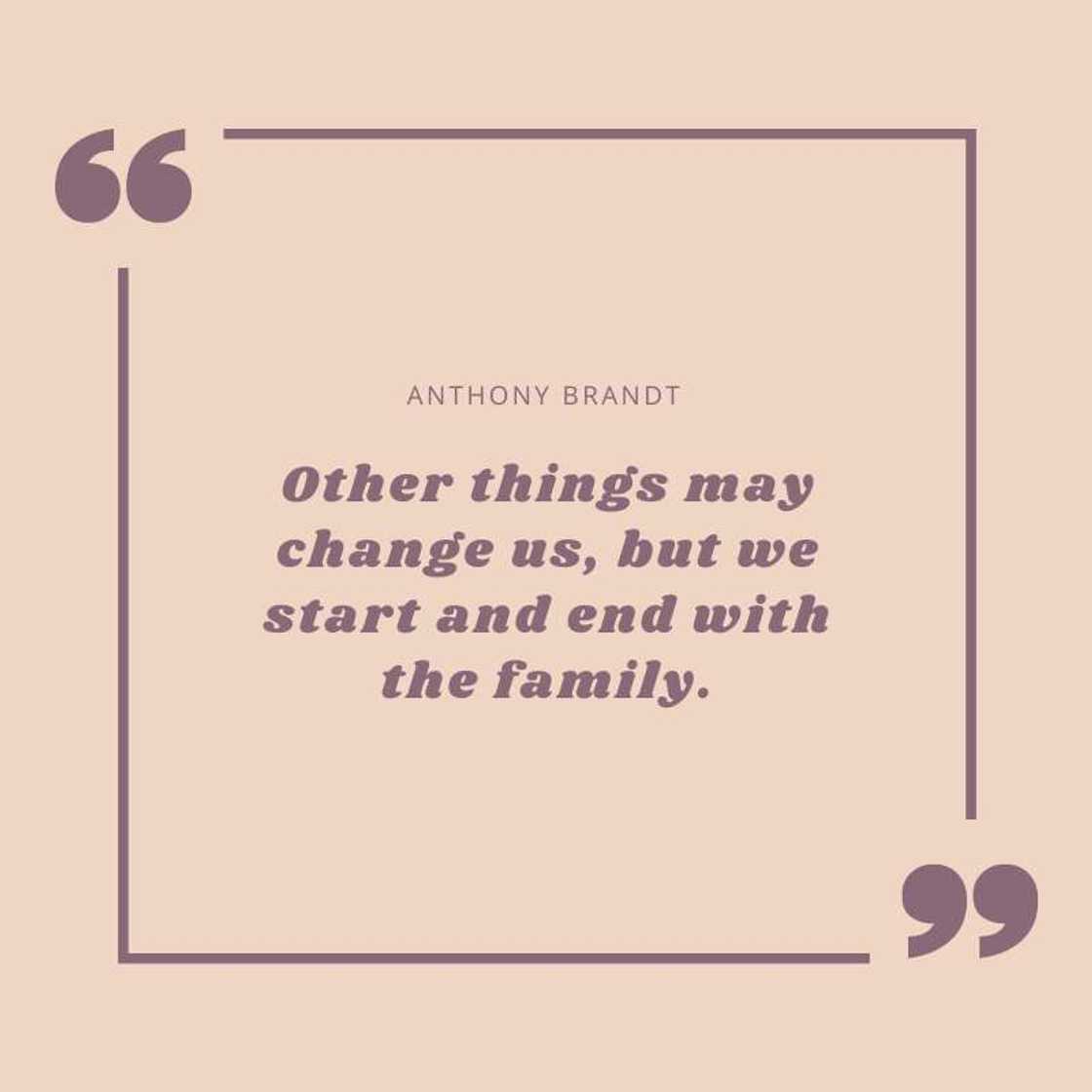
Source: UGC
- To us, family means putting your arms around each other and being there.–Barbara Bush
- You don’t choose your family. They are God’s gift to you, as you are to them.–Desmond Tutu
- Families are the compass that guides us. They are the inspiration to reach great heights, and our comfort when we occasionally falter.–Brad Henry
Family values are the fundamental principles on which the structure, function, roles, beliefs, and attitudes of a household are formed and based. There are no families without principles; even in highly liberal homes, there are always certain things that are cast-iron convictions for everyone in the home.
READ ALSO: Types of cultures in Nigeria
Legit.ng reported that seven out of the languages spoken in Nigeria have become extinct. Nigeria has over 1150 dialects 527 languages from the ethnic groups in the country, and every person is Nigeria speaks at least two languages.

Read also
Top 4 types of temperament with cool meaning: choleric, melancholy, phlegmatic and sanguine
The six most significant ethnic groups in Nigeria are Hausa, Fulani, Igbo, Yoruba, Efik-Ibibio, and Edo. Nigeria, being a multi-cultural country, still preserves authentic national elements.
Source: Legit.ng

